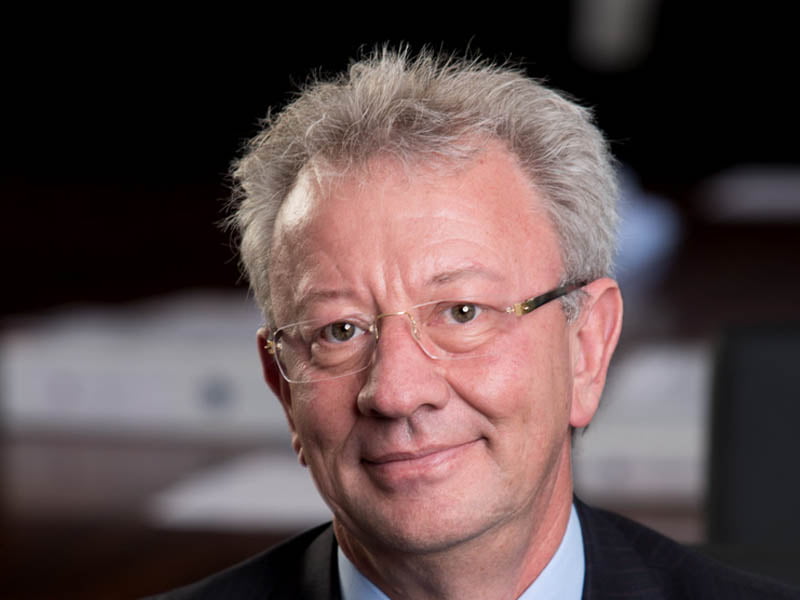Telstra Health has been awarded a major contract to manage the Australian National Cancer Screening Register, which involves the health records of millions of Australians.
The contract has been criticised as a further move towards de facto privatisation of the health system, on top of the Government’s recently announced plan to outsource its payment delivery system, including Medicare reimbursements.
The Cancer Register contract, worth a reported $200 million over five years, was announced in the context of the election campaign, but it is consistent with the Government’s move to outsource and increasing amount of its activities. And it is a windfall to Telstra, which has been targeting just this sort of deal since setting up Telstra Health in late 2014.

The Register will deliver a single database with one record per patient. People will be able to access their records online, and with patient consent doctors will have access to patient data and records from every state or territory. It will manage cancer screening for more than 11 million Australians, extending the existing national bowel cancer register and the eight separate state and territory-based cervical cancer registers.
Stephen Duckett, former head of the Department of Health under the Keating Government and currently head of public policy think tank the Grattan Institute, said that announcement is outside caretaker government rules.
“I’m extremely surprised because this is exactly the sort of thing that is not supposed to happen during an election campaign,” he told ABC radio last week. Mr Duckett is a trenchant critic of the Government’s treatment of Medibank, and likens many Coalition state and federal government policies to privatisation by stealth.
What is not stealthy is the fact that health services is one of Australia’s biggest growth industries. It has attracted many startups – many of which are being acquired by Telstra. It has spent over $100 million establishing its new health division, largely through an astonishing number of acquisitions.
Telstra’s health acquisitions in the last three years include:
- Argus – Health electronic messaging service
- Emerging Systems – clinical information systems
- HealthConnex – health communications
- Dr Foster (UK) – health analytics
- Anywhere Healthcare– Medibank’s eHealth practice
- iCareHealth – aged care software
- EOS – community care management
- Cloud9 – cloud software development (rebranded CloudMed)
- IdeaObject (India) – health software
- ReadyCare – eHealth.
Health has become the most important part of Telstra’s strategy to diversify beyond its core telecommunications business. Even before the cancer register deal, it has been racking up major contracts in Australia and Asia.
The company’s move into health services makes perfect sense when you look at the numbers, and the way technology is affecting health care. The two key factors in Telstra’s move into heath are demographics and technology.
Australia’s population (and that in virtually all developed countries) is aging. And as people get older they spend more on health. The Australian Bureau of Statistics forecasts that the proportion of the population aged 65 and over will increase from 14 per cent in 2012 to 19 per cent in 2031 and 23 per cent in 2061.
Australians currently spend $150 billion a year on health care, more than $6000 per capita. Health expenditure is growing more than twice as fast as the economy overall, and is now nearly 10 per cent of GDP. It was $120 billion in 2010 and will grow to an estimated $200 billion by 2020.
That figure makes health the largest industry in Australia, bigger than the total value of mining production. Healthcare is also the largest employer in Australia, with over a million workers. Telstra sees these numbers.
The sheer size of the industry, and the rate of growth as the population ages, is matched by the increased importance of technology in health. One of the main reasons for the growth in expenditure on healthcare has been the increased use of technology.
Increasingly the technology is digital, as monitors and sensing devices, and the data they generate, assume a greater proportion of diagnostics and treatment. It’s called telemedicine, or eHealth. More people, more money, more technology. Little wonder Australia’s largest and most successful ICT company sees it as an opportunity.
Telstra Health is headed by the former CEO of the Hong Kong Hospital Authority and KPMG Australia lead health partner Shane Solomon. Expect to hear a lot more about it.
Do you know more? Contact James Riley via Email.
